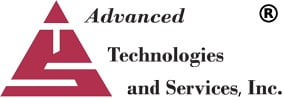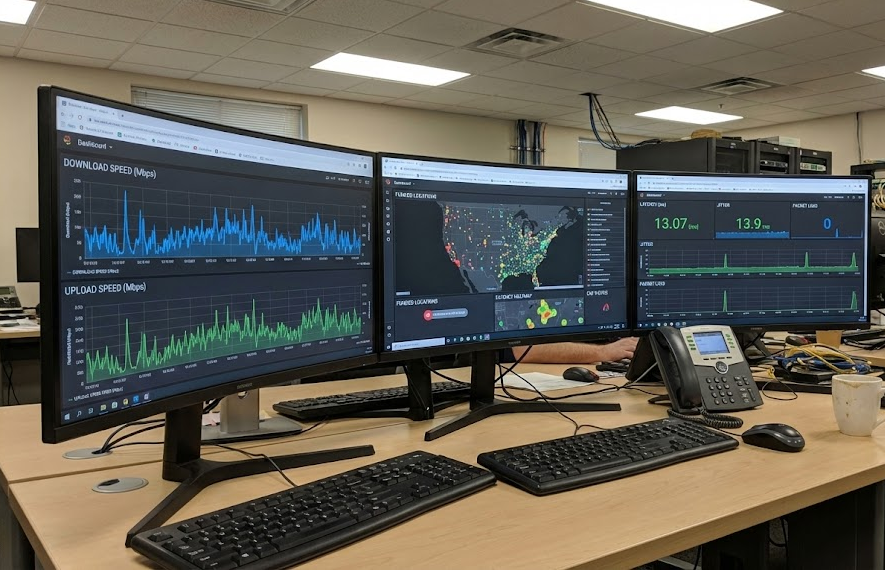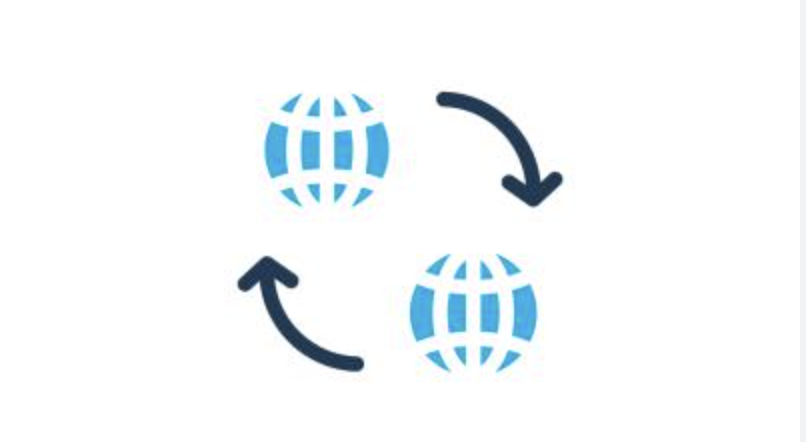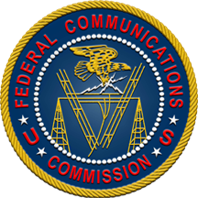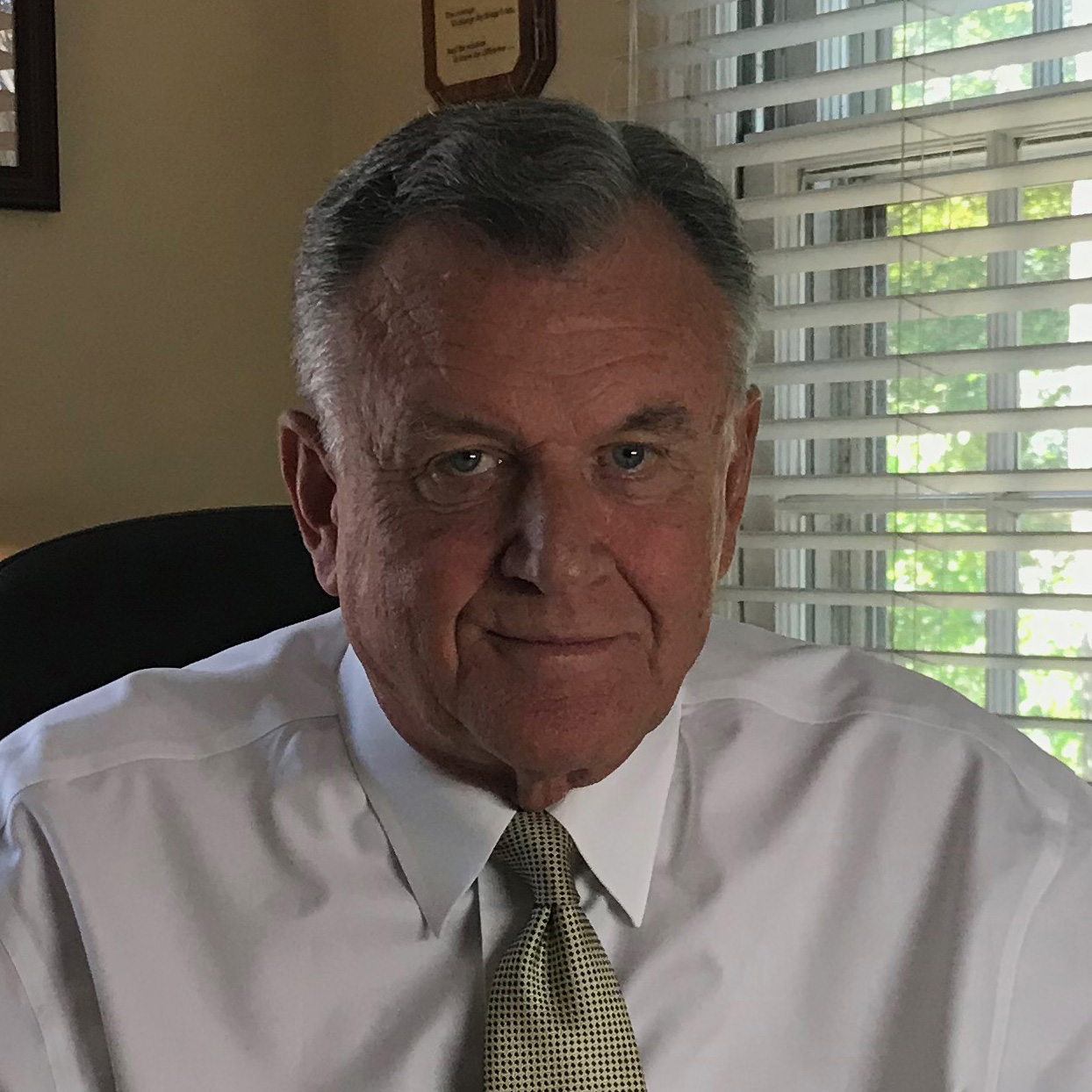Ryan Guthrie
Recent Posts
The Time to Start Network Testing is NOW: Secure Your BEAD, CAF, and E-ACAM Investment
Webinar - Stop Overpaying: USF Compliance Strategies You Need to Know
Are you a telecom provider paying too much into the Universal Service Fund (USF)? With the contribution factor soaring to a historic 38.1% for Q4 2025, every dollar matters.
This deep-dive webinar reveals the critical strategies companies are using right now to legally slash their contributions, optimize their reporting, and stop subsidizing their competitors.
Topics: USF
Why Broadband Providers Must Keep Testing Speed and Latency—Even as BEAD, CAF, and RDOF Policies Shift
The Broadband Equity, Access, and Deployment (BEAD) program has already seen major policy shifts moving away from fiber-only mandates toward a more technology-neutral, cost-per-location model. While BEAD is the latest government sponsored broadband deployment fund, it’s not the only game in town. Providers funded through Connect America Fund (CAF) and the Rural Digital Opportunity Fund (RDOF) also face evolving compliance expectations.
Across all three programs, one thing is certain: providers must continually test and validate their speed and latency performance. Here’s why it matters.
How a USF Traffic Study Can Rescue Your Bottom Line
Sometime last quarter, a controller at a mid-size VoIP provider finished his Form 499 and wondered why the universal service line on every invoice kept inching upward. He had followed the rulebook: apply the FCC’s safe-harbor ratio of 64.9% to VoIP revenue and 37.1% to wireless sales, multiply those totals by the quarterly contribution factor, and remit the money. What he didn’t realize until a traffic study told the real story is that his network sends barely one-third of its traffic across state lines. The other two-thirds never should have been taxed at the interstate rate.
AI: Bridging the Gap for Telecom's Legacy Systems
The telecommunications industry is undergoing a massive transformation, with Artificial Intelligence (AI) leading the charge. For many telecom companies, however, the path to modernization is paved with legacy systems—infrastructure often built decades ago that struggles to keep pace with today's demands.
How ATS AI & Automation Solutions Could Safeguard 911 Services from Disruptions
On May 29, 2025, the Denver metro area experienced a critical outage. Both 911 and non-emergency lines went dark for hours, leaving residents and authorities in limbo and prompting Douglas County Sheriff Darren Weekly to demand answers. While official investigations are underway, a deeper question looms: how would a modernized, resilient 911 infrastructure perform under similar stress?
FCC USF Fee Factor Increases to 34.4% from 32.8% for Q3 2024
The Federal Communications Commission (FCC) has announced a significant hike in the Universal Service Fund (USF) fee factor, which will rise to 34.4% for the third quarter of 2024. This marks a notable increase from previous quarters, reflecting ongoing efforts to sustain and expand the reach of essential telecommunications services across the United States.
Did you know that the costs of complying with federal, state and local subpoenas can be passed along to the requesting authorities?
The big providers of telephone, cable, and data services process hundreds of law enforcement requests for data every month. If you are a smaller provider, you may not get that many requests but when you do it’s a major disruption to your operation. We have had several requests from smaller clients to support them in their efforts to comply with subpoena requests so we thought we would summarize how the CALEA process works.
Topics: Regulatory, Big Data
ATS Hires Andy Fleming as Utility Industry Senior Adviser
ATS is proud to announce that Andrew Fleming has been appointed Senior Adviser for the Utility industry. Andy is very well known in the industry and his professional experience spans nearly 50 years. Andy started his career as a Sales Engineer for the Sundstrand Corporation. He went on to become the District Sales Manager for Dresser Industries in the Northeastern US Region. In his most recent positions he represented Dresser Pipeline Solutions, Meters and Instruments.
Among Mr. Fleming’s professional affiliations are the American Gas Association, the Society of Gas Operators and the Northeast Gas Association. Mr. Fleming holds a BS in Industrial Distribution from Clarkson University.
Topics: Utilities
Take a listen to our latest podcast where Peter Mueller and Ryan Guthrie discuss the FCC order and many of the questions we've been hearing from carriers who have to comply by July 31, 2019.
Topics: stamper box, connect america fund, DA 18-710
